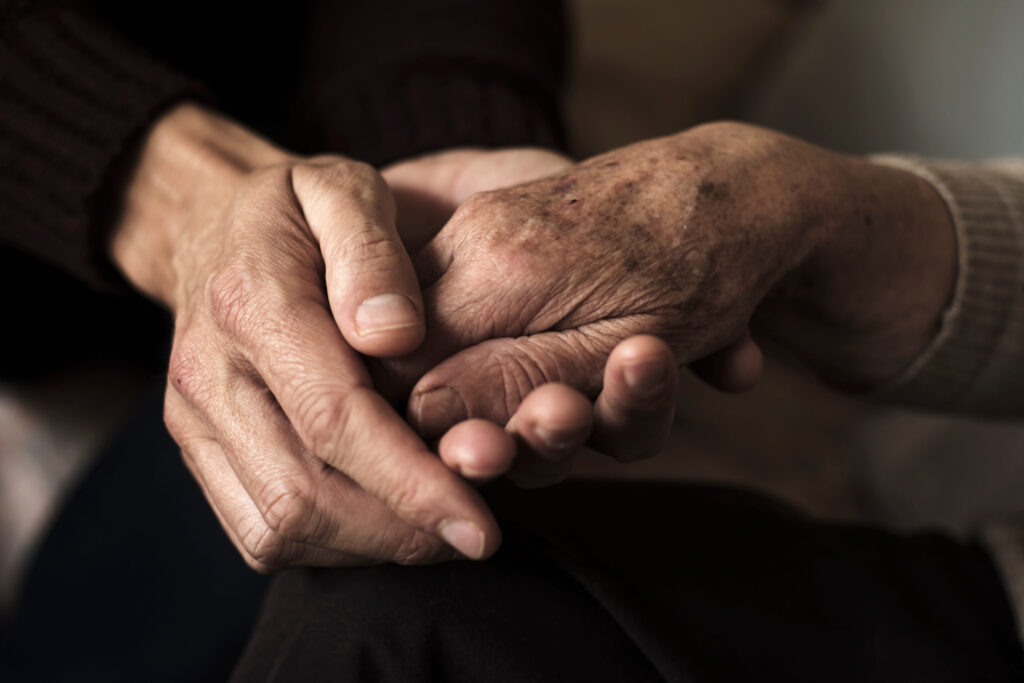In the modern age, death companionship may seem like a novel concept to some. Traditionally, funeral service providers work with families and the deceased either very shortly before death or directly after it has occurred. And then we have hospice workers who take care of the terminally ill prior to death. Death companionship occupies a niche area in the end-of-life support cycle that falls in the space between these two types of professions to aid families and the dying with this momentous transition.
What is Death Companionship?
In essence, death companionship serves as a bridge between the world of healthcare and the funeral service industry. For the dying and their families, the transition from living to the end of life is often a difficult one. There are many emotional, physical, mental, and practical decisions that need to be made and a death companion can provide that guidance, a ready ear, helpful resources, and a support system for all the intricacies clients face.
A funeral director may often only work with families once the deceased has already passed. However, sometimes the departed pre-plans their arrangements and the funeral director meets with them prior to facilitate those decisions and ensure that the family honors their wishes. But the process is often solely about planning end-of-life celebrations, religious ceremonies, and making arrangements for their final resting place.
The major area where a death companion differs is that they provide a more holistic approach to the transition period between life and death. Their goal is to guide families on how to cope with death by recognizing it as a natural and important part of life. This practice includes performing a wide variety of services, such as creating an end-of-life plan, handling bureaucratic and legal matters, coaching clients through death anxiety, assisting in funeral arrangements, and ultimately providing emotional, spiritual, and psychological support whenever needed. They are there beyond the death process to help client families adjust and find resources for their future.
What Can You Do With a Certification in Death Companionship?
A certification in Death Companionship (CDC) for end-of-life professionals offers extensive resources to help you understand the different roles needed. For instance, death doulas do not work with hospice or any medical decisions in end-of-life care. They understand the values and ethics necessary to help clients as they prepare for the end of their life, meeting their spiritual and emotional needs. Each end-of-life professional fills their own specific purposes but our certification in Death Companionship gives you more knowledge and a deeper understanding to better serve your clients.
Here are a few of the career paths a certification in death companionship can benefit:
• Funeral service professionals, such as funeral directors.
• Death Doulas
• Family caregivers
• Hospice and palliative care workers
• Long-term care facility workers
• Healthcare workers
• Social service agencies
• Community health organizations
• Ministry and spiritual care providers
• Counseling and integrative therapies
This particular program has been designed for professionals who are currently working full-time with a course schedule that allows them to prioritize their learning needs while maintaining personal and professional obligations. Any professional who works with the dying or those who have struggled with the death process can benefit from this certification.
Are You Interested in a Certification for Death Companionship for End-of-Life Professionals?
If you are interested in the Death Companionship certification or want to learn more about the profession, Pierce Colleges of Funeral Services offers courses to meet your needs. Our courses are designed to fit your scheduling requirements, for professionals already working in their chosen field with both on-campus and online options available. Contact us today to discuss your educational goals for your career.
